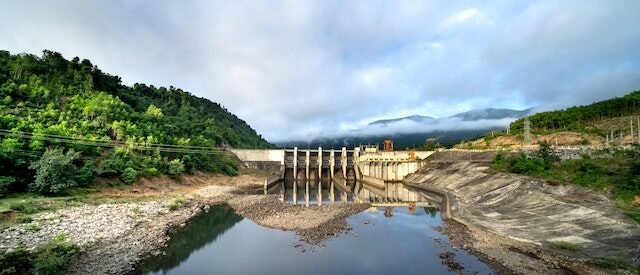If the Government of India had decided to nationalize water resources, there would be many positives. The first and the most obvious would be to ensure a stable governance of the country. This would lead to fewer civil wars, no hatred among citizens, and better control of epic situations. As a matter of fact, water is a basic human need, and everyone has the right to access enough water for life. If the water resources were nationalized, the government could ensure the quality of this essential resource for all citizens.
However, nationalization of water resources would have its drawbacks. For one, it would require the acceptance of all the state governments. Another downside would be the need to prepare detailed, well-planned architecture to connect all the rivers. Secondly, there would be a need to acquire thousands of acres of land for these projects, and this would require the support of all state governments. The issue of water deficiency in the country needs to be tackled in a more holistic way, and nationalization of water resources would do this.
Another issue is funding. While private sector water companies will continue to provide services, if the government is unable to meet its obligations, a nationalised water system could be a viable option. Alternatively, the Government could privatise the water industry to fund other projects. In some cases, a nationalised water system would save money, while providing a service to the poorest and most vulnerable. If the Government does nationalize water resources, it would be necessary to set up a public utility to manage the service.
In the long run, nationalization of water resources would benefit the nation. Moreover, it would eliminate a problem of uneven distribution of water in the country. As a result, waste deposits in the rivers would be reduced. Water disputes would also diminish. The government could also use this national water policy to prevent floods and droughts in India. It is important to understand that nationalising water resources is not going to solve all the country’s problems. The first step to this solution is a better governance of water resources.
A national water system would be far more efficient than a privately run system. Besides improving access, nationalisation also improves water quality and sanitation. This approach has also improved child mortality and has been the only proven way to ensure that water standards are met. It has been the practical answer to an environmental imperative in the late 1980s. But what will this mean for the future? Only time will tell. And in the meantime, the fight for a national water system will continue.
Privatization has not always been a good thing. The privatization of water services has been promoted by many international financial institutions. In the Netherlands, for example, privatisation made water supply impossible for private firms. But a national water system has more advantages than disadvantages. Ultimately, water is vital for everyone. If you don’t have access to clean drinking water, you will not be able to protect the environment.
